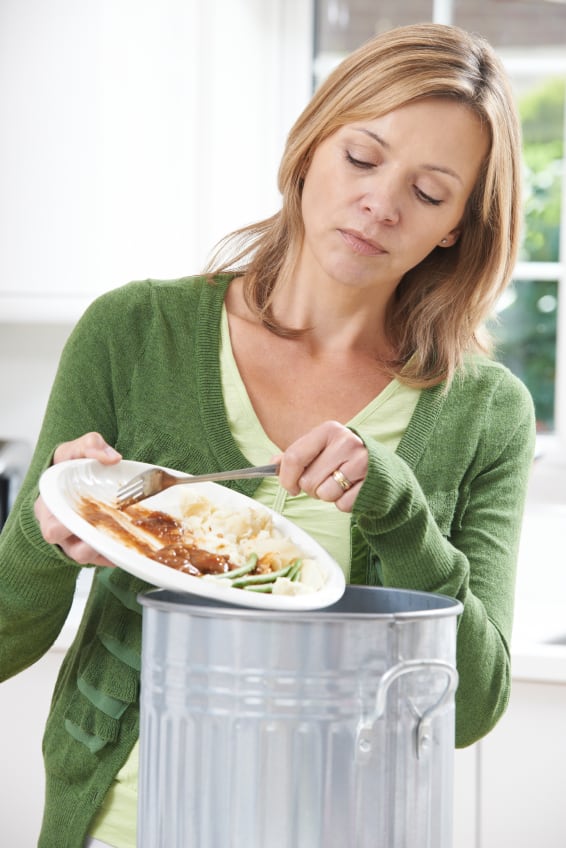As consumers continue to be focussed on what goes into their food – over half of UK adults worry about additives in food – the clean-label trend is fast becoming an industry norm. ‘No additives or preservatives’ continues to be the number one claim used on food and drink launches across the world, says Mintel.
But this inevitably means that food rots at a quicker rate, putting manufacturers in a difficult position.
Laura Jones, global food science analyst at Mintel, said: “Manufacturers are in a challenging position as they need to balance consumer demand for more natural, additive and preservative-free products, while considering the implications of reducing the use of additives and preservatives, which can expedite spoilage rates.”
Jones said: “Consumers often voice green or ethical sentiments [but] are often too cash-strapped or time-poor to turn belief into action, and instead look to manufacturers, retailers and brands to do the good work for them.”
Passing the buck?

But industry often points to figures which suggest that it is far from being the worst perpetrators of waste. Retailers accounted for 0.25 m tonnes of the 15.5 m food wasted each year in the UK, manufacturers 3.9 m while households were responsible for over half at 7 m tonnes, according to the Waste and Resource Action Programme (WRAP).
Data from Mintel showed that across Europe, consumers were easily drawn into special offers – only 15% of German consumers, 16% of French and Italian, 17% of Spanish and 23% of Polish consumers said they would avoid taking advantage of a special offer in order to reduce food waste.
But can consumers be held to blame for giving into tempting special offers?
Last year a report by the House of Lords EU Committee hit out at retailers for passing food waste onto the consumer by using promotional offers such as ‘Buy one get one free’ to quickly clear shelves of food nearing its use-by date.
The report called the resultant waste "morally repugnant" and said retailers needed to assume far greater responsibility in preventing food waste in the home.
But a 2014 report by WRAP questioned whether supermarket promotional offers had a significant impact on overall levels of food waste.
“As to the fundamental question of whether promotions result in increased waste we have no direct evidence to claim that this is the case overall.
However, it did say that for certain fresh products and certain promotions food waste by value did increase. “Because promotions are (…) mounted as part of a retailers’ competitive strategy, waste is not at the forefront in promotion planning or evaluation with the result that some promotions can result in increased levels of waste,” it said.
